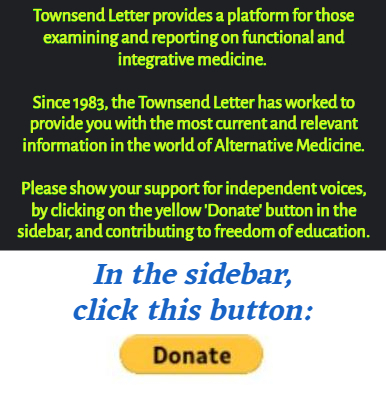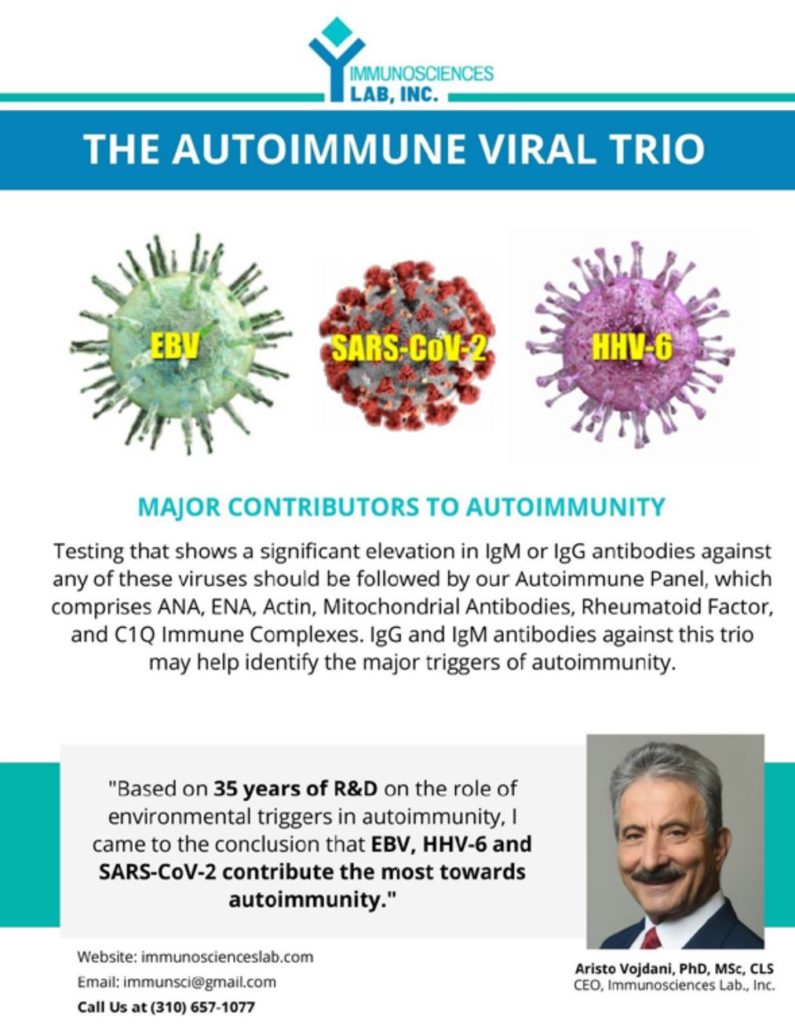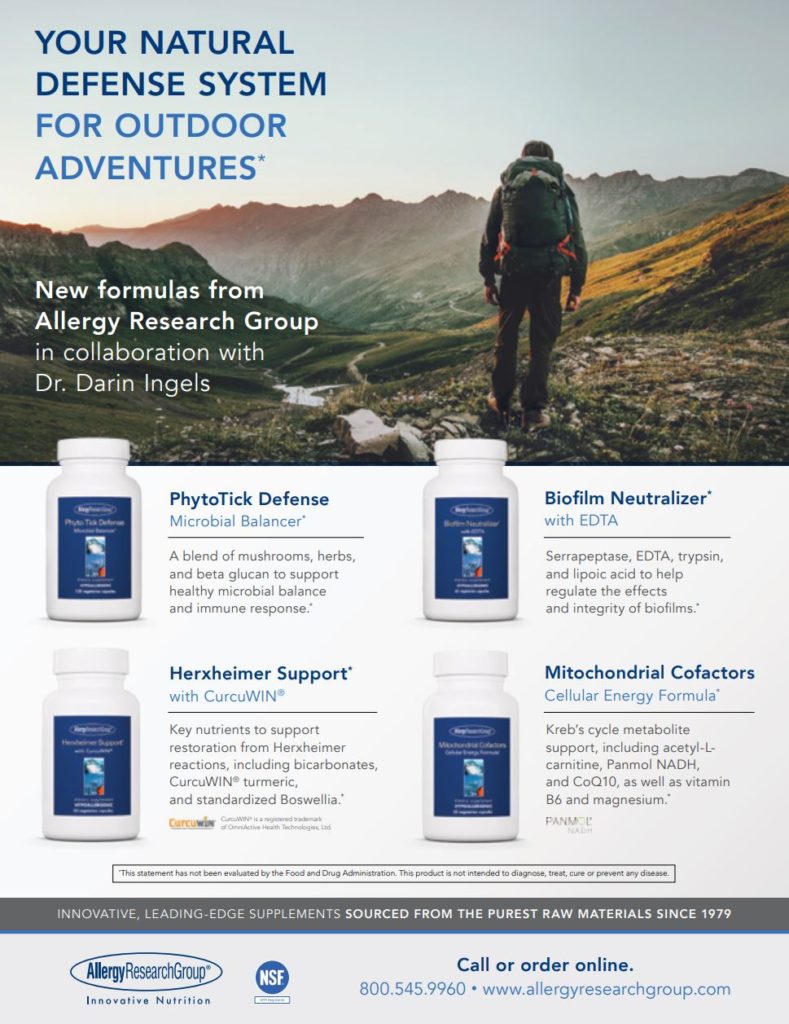…article continued…
Botanicals
Curcumin, a polyphenol extracted from the rhizomes of Curcuma longa, belongs to the most promising group of bioactive natural compounds, especially in treating several cancer types. Curcumin exhibits anti-cancer ability by targeting different cell signaling pathways, including growth factors, cytokines, transcription factors, and genes modulating cellular proliferation and apoptosis.29
Curcumin may be beneficial in men who are undergoing radiation therapy for prostate cancer. One study observed a reduction in the severity of radiotherapy-related urinary symptoms while increasing antioxidant capacity from curcumin consumption.30
Men on AS or watchful waiting for localized prostate cancer took a polyphenol‐rich food supplement that contained a blend of pomegranate, green tea, broccoli, and turmeric (Curcuma longa) or placebo; PSA levels progressed significantly less in the group taking the supplement combination.31
Recommendation: 600 mg to 4000 mg of curcumin. Up to 8 grams a day seems safe in most patients, but I have not seen higher than 5000 mg a day be more beneficial in PrCa patients.
Grape seed extract (GSE). Preclinical studies demonstrate the apoptotic abilities of grape seed extract on prostate cancer cells.32
A cohort of men were studied to observe the association of PrCa with dietary supplements taken. Researchers noticed no associations with PrCa and the use of many forms of dietary supplements, except with grape seed supplementation, where a 41% risk reduction of PrCa was observed.33
Recommendation: 400 mg a day of GSE.
Medicinal mushrooms. Chinese medicine and naturopathic doctors have used a variety of medicinal mushrooms for centuries for therapeutic purposes. Various research studies have shown that extracts of Asian mushrooms and common mushrooms fight against prostate cancer. These particular fungi, including cordyceps, maitake, oyster, reishi, Coriolus versicolor, shiitake, and white button, contain components valued for their anti-cancer abilities.
Men who habitually consumed mushrooms 1–2 times weekly had an 8% lower risk of prostate cancer, and those who ate mushrooms ≥3 times weekly had a 17% lower risk than the men who had mushrooms once weekly or less. The study lacked information on the intake of dietary supplements.34
Strong evidence for the use of medicinal mushrooms as an anti-cancer agent is scarce.
Ganoderma (reishi mushroom) is the most popular and intensely investigated genus among medically active mushrooms. Plenty of its species are famous for their antiviral, antibacterial, antifungal, anti-cancer, and immune-stimulating activities and have been used traditionally in the folk medicine of Eastern countries for centuries.
Despite scarce human studies on Ganoderma on prostate cancer, I use this mushroom for its ability to boost the activity of lymphocytes, such as natural killer cells (NK), T-cells and B-cells, tumor necrosis factor (TNF), and phagocytes (which ingest other cells).35
Recommendation: 250 mg to 500 mg of Ganoderma lucidium (reishi) mushroom.
Active Hexose Correlated Compound (AHCC), a fermented extract produced from the mycelia of shiitake mushroom, is a rich source of alpha-1,4-glucans, which are thought to enhance its biological effects. Preclinical studies have shown that it has anti-inflammatory and antioxidant effects, enhances resistance against bacterial and viral infections, and exerts anti-cancer effects.36
Recommendation: 1.5 to 3 grams of AHCC.
Agaricus mushrooms. One study of 36 men with biochemical recurrence of prostate cancer studying a species of Agaricus (white button mushroom) powder therapy was associated with declining PSA levels in 36% of patients. These results indicate that mushroom intake can modulate PSA levels in biochemically recurrent prostate cancer.37
Recommendation: 250 mg to 500 mg of Agaricus species.
Andrographis. Components in the Andrographis plant have potent IL-6 inhibitor abilities that induce apoptosis and suppress prostate cancer tumor growth. Researchers suggest that andrographolide, a common herbal medicine used in China and India, may be developed as a potential therapeutic agent to treat prostate cancer.38 IL-6 may have unwanted protective abilities against PrCa cells initiated by androgen deprivation.39 Andrographis has many protective qualities, and being an IL-6 inhibitor may be an important one in PrCa.
Recommendation: 200 mg to 500 mg of Andrographis.
Green tea extract. The inhibitory action on cancer cells from green tea is attributed to its active compounds present in higher amounts called polyphenols, which consist mainly of catechins, especially epigallocatechin-3-gallate (EGCG), which accounts for more than 50% of total polyphenols.40
A meta-analysis of thirteen observational studies in Asian populations has documented a moderately significant inverse association between green tea intake and prostate cancer risk.41
A systematic review and stratified analyses of observational studies and randomized controlled trials (RCTs) using stringent inclusion criteria have concluded that green tea is an effective chemopreventive agent, particularly in prostate cancer patients with high-grade prostate intraepithelial neoplasia.42
In patients with high-grade prostatic intraepithelial neoplasia, a pre-prostate cancer precursor, supplementation with green tea catechins was associated with lower prostate cancer incidence, reduced PSA level, delay in the onset of prostate cancer, and reduced prostate cancer, lower urinary tract symptoms and a further improvement in quality of life.43
Recommendation: 500 mg to 1000 mg of green tea extract. A higher amount than 1000 mg may elevate liver enzymes in my clinical experience, so some precaution with a very high dosage of green tea extract is advised.
Broccoli extract. Cruciferous vegetables contain high levels of glucosinolates, whose major breakdown product, by the action of myrosinase enzymes, is indole-3-carbinol, which has exhibited potent anticarcinogenic properties against prostate cancer. Another phytochemical that occurs ubiquitously in cruciferous vegetables is an isothiocyanate called sulforaphane. Sulforaphane can induce arrest of prostate cancer development and progression via disruption of signaling within tumor microenvironments and activation of apoptotic cell death.44

The first meta-analysis of 13 studies (seven were cohort and six population-based case–control studies) evaluating the association between consumption of cruciferous vegetables and prostate cancer risk has found that high consumption of cruciferous vegetables was significantly associated with 10% decreased risk of prostate cancer.
In a double-blinded, randomized placebo-controlled multicenter trial, 78 prostate cancer patients who had rising levels in PSA after radical prostatectomy were treated with either 60 mg sulforaphane or placebo for six months and then followed for two months with no treatment. PSA increased significantly in the placebo group compared with the sulforaphane group. Also, the doubling time of PSA (good prognostic indicator) was 86% longer in the sulforaphane compared with the placebo group.45
Another meta-analysis of studies conducted over 18 years in Europe, including a total of 1294 prostate cancer patients and 11,492 controls, has shown that consumption of cruciferous vegetables was associated with a 13% reduction in prostate cancer risk.46
Consumption of cruciferous vegetables might not always be a practical way to obtain the required daily quantities of sulforaphane and Indole-3-carbinol as the concentration of sulforaphane and Indole-3-carbinol in cruciferous vegetables is highly variable depending on various factors, including the amount of sunlight, soil, rainfall, seed strain, and myrosinase enzyme activity. Extracts of cruciferous vegetables may be more practical.47
Recommendation: 100 mg to 500 mg of broccoli extract day.
One in six men are diagnosed with PrCa; and as the incidences increase, more will seek the care of naturopathic and integrative medical experts. I believe a properly designed nutraceutical protocol is an essential component for the longevity and wellbeing of PrCa patients.
Click here for Complete References
Further reading from the Townsend Letter…









